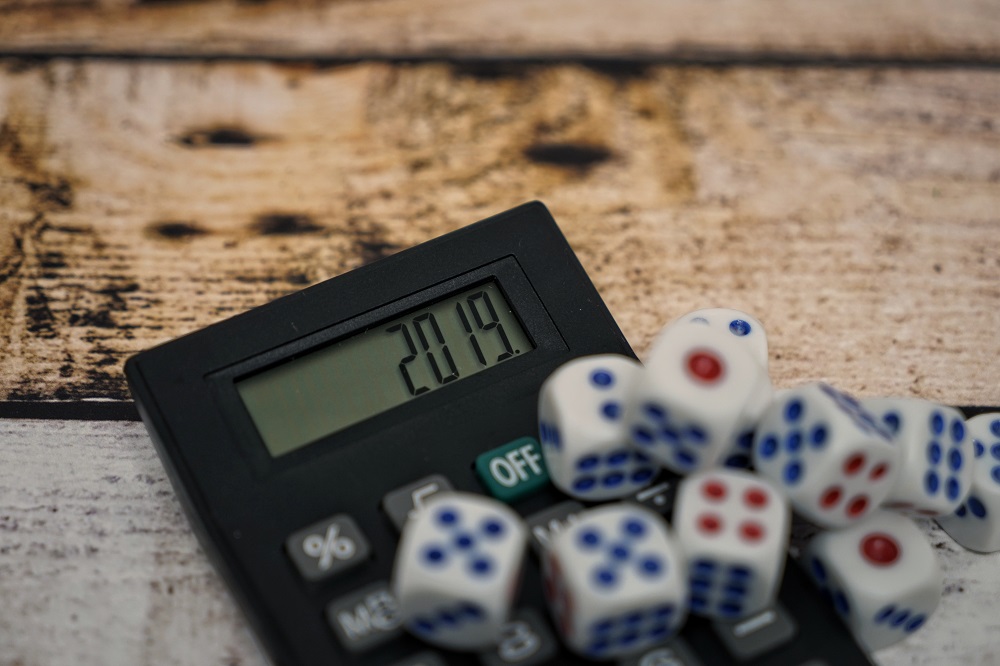
Betting odds are not just random numbers; they are carefully calculated using mathematical formulas by bookmakers. Understanding the mathematical principles behind betting odds can provide valuable insights into the world of betting.
By delving into the calculations, one can develop a more informed perspective on how odds are determined and use this knowledge to make strategic betting decisions. This mathematical foundation is crucial for navigating the complexities of wagering and making educated choices.
Understanding Probability in Betting
Understanding probability in betting is crucial for assessing the likelihood of an event occurring based on the given odds and estimating soccer betting facts. Implied probability, calculated from the odds, represents the perceived chance of a specific outcome happening.
This understanding enables bettors to determine the actual probability of winning a bet. Probability is commonly represented as a percentage, indicating the chances of a particular result materializing.
Bookmakers utilize these probabilities to establish odds that attract bets while ensuring profitable margins. A solid grasp of the mathematical principles behind probability in betting empowers individuals to make informed decisions.
Converting Odds to Probabilities
Converting odds to probabilities is a methodical process that involves calculating the implied probability of an event based on the given odds. It's a crucial aspect of sports betting, as it helps in evaluating the likelihood of a certain outcome as indicated by the sportsbook odds.
By converting odds to probabilities, bettors can assess the potential value of a wager and make more informed decisions. This analytical approach enables bettors to determine whether a bet offers favorable odds for potential returns.
Understanding the correlation between odds and probabilities is essential for making successful betting choices. Analyzing the implied probabilities derived from odds allows bettors to make well-informed decisions that enhance their chances of winning and optimize their overall betting strategy.
Converting odds to probabilities serves as a foundational step in making rational betting choices.
Analyzing Casino Game Odds
Casino game odds vary significantly based on the game type, offering players either advantageous or disadvantageous chances of winning. Understanding the probability of outcomes is crucial in assessing these odds.
Games like blackjack and certain video poker variants offer favorable odds with low house edges, typically ranging from 0.40% to 1%. Conversely, games such as Keno, Big Six Wheel, and most slot machines have high house edges, reducing the likelihood of winning.
Calculating odds involves evaluating the number of possible outcomes and the probability of each outcome. Probability indicates the likelihood of an event occurring as a percentage, while odds denote the ratio of the chances of an event happening to not happening.
Applying Betting Math in Sports
Analyzing sports betting requires the application of mathematical principles to assess probabilities accurately and make well-informed wagering decisions. Calculating implied probabilities from betting odds enables bettors to evaluate the likelihood of specific outcomes in sports betting.
Understanding the interplay between odds, probabilities, and payouts is crucial for making rational betting choices. Sportsbooks employ mathematical models to set odds that reflect the probability of different outcomes in sporting events.
By conducting mathematical analysis on historical data and trends, bettors can predict potential outcomes and identify value bets. Utilizing mathematical strategies like the Kelly Criterion can assist in optimizing betting decisions and enhancing long-term profits.
Incorporating these mathematical tools empowers individuals to make strategic and methodical choices in the realm of sports betting.
Decoding Sports Betting Odds
Understanding sports betting odds in different formats is crucial for assessing the probability of different outcomes. Whether in fractional, decimal, or moneyline form, these odds offer valuable insights into event likelihood.
By converting odds into implied probabilities, bettors can determine the true chances of success and assess if a bet is worth considering. Recognizing the relationship between odds and implied probabilities enables informed decision-making in betting, potentially optimizing returns.
It's essential to remember that bookmakers incorporate profit margins into their odds, emphasizing the significance of understanding the mathematical principles behind odds. Analyzing sports betting odds from a mathematical perspective can unveil profitable opportunities where implied probabilities deviate from actual probabilities, leading to potentially advantageous bets.
Conclusion
Now that you've grasped the math behind betting odds, you're equipped to make more informed decisions when placing your bets.
By understanding how odds are calculated, converted into probabilities, and analyzed mathematically, you can identify profitable opportunities and maximize your chances of success.
Keep crunching those numbers and remember, the odds are in your favor when you apply betting math to your strategy.
Happy betting!